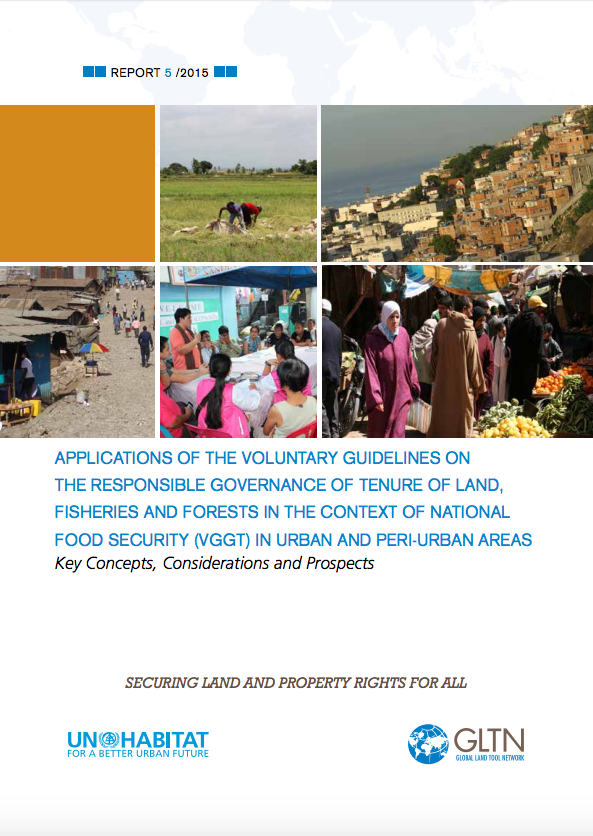2014-2015 Global food policy report
This 2014–2015 Global Food Policy Report is the fourth in an annual series that provides a comprehensive overview of major food policy developments and events. In this report, distinguished researchers, policymakers, and practitioners review what happened in food policy in 2014 at the global, regional, and national levels, and—supported by the latest knowledge and research—explain why. This year’s report is the first to also look forward a year, offering analysis of the potential opportunities and challenges that we will face in achieving food and nutrition security in 2015.




